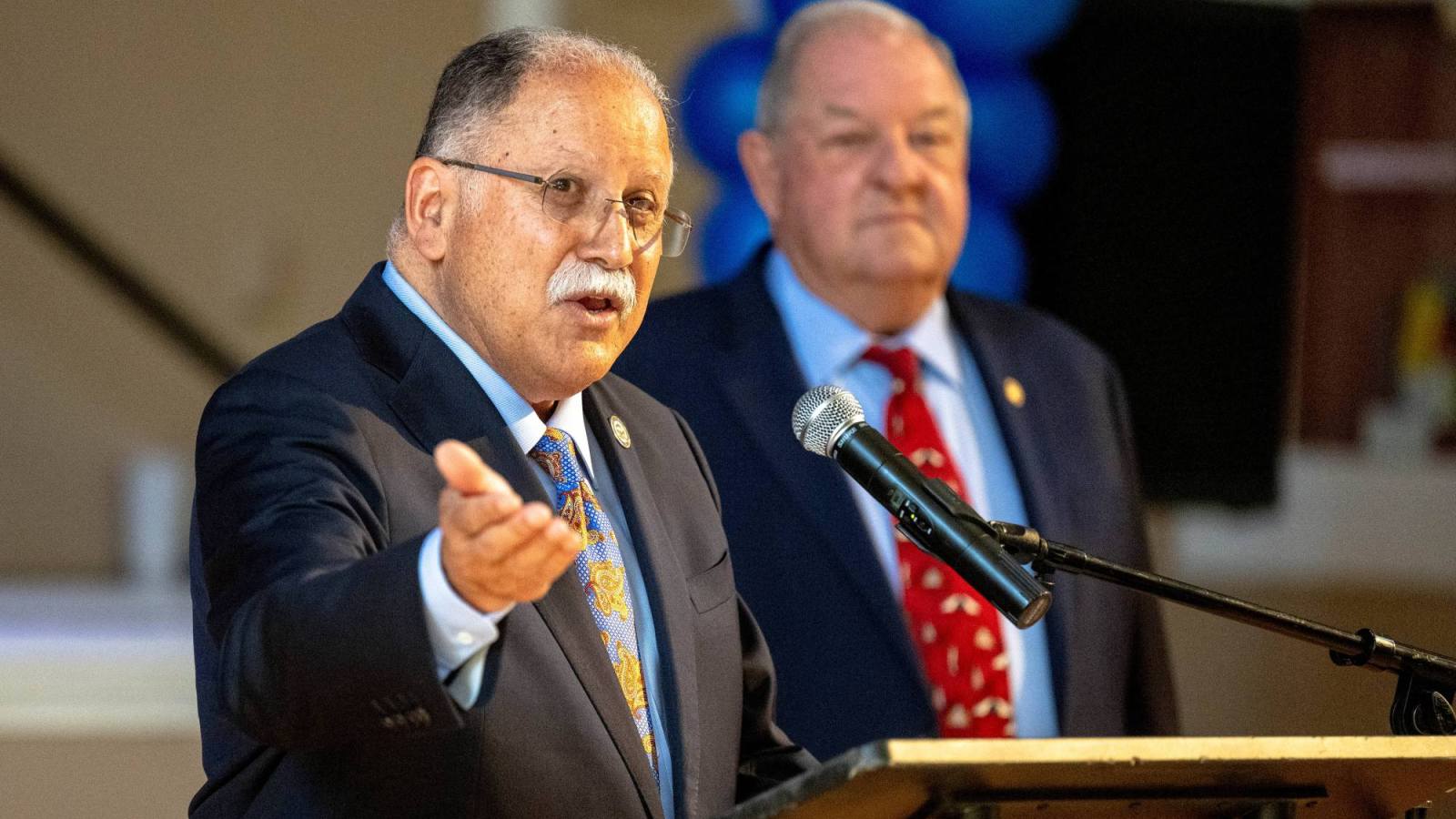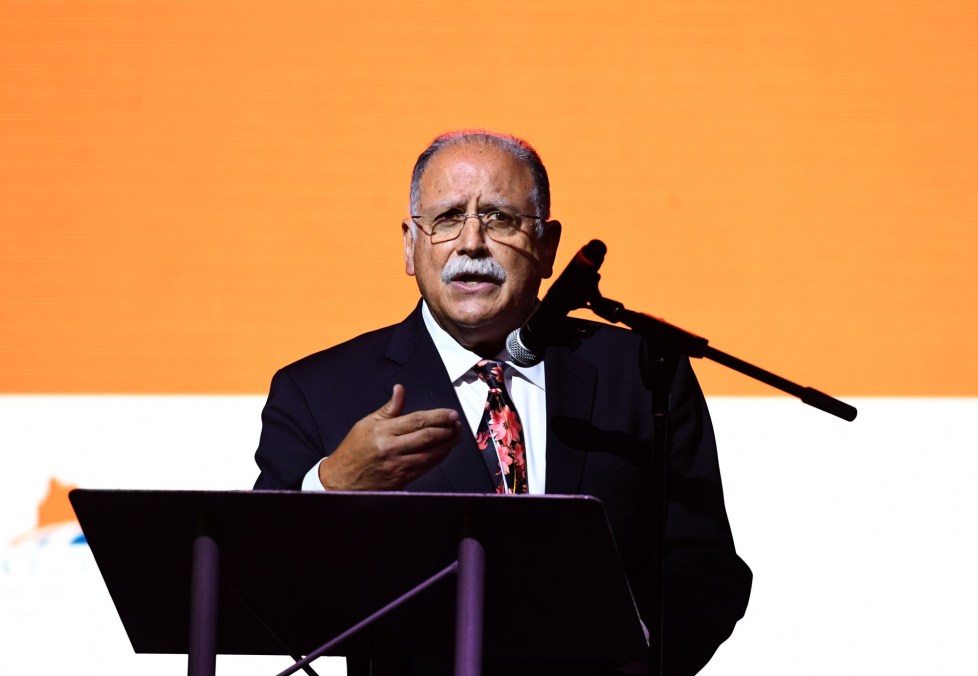Alright, so you hear names thrown around, right? Like “Jose Medina.” Sounds important, especially when folks start talking about teaching and making sure everyone’s on the same page, no matter where they come from or what language they speak at home. Good ideas, mostly. I mean, who wouldn’t want that?

But here’s the thing I’ve seen, and I’ve seen it a few times now. It’s not about the fancy theories. It’s about what happens when those theories hit the ground, in a real place, with real people. I remember this one gig, a while back. They got all fired up about “cultural competency” and “linguistic support,” and yeah, names like Medina’s were definitely whispered in those meetings like some kind of magic spell.
The Grand Plan That Wasn’t So Grand
So, they decided we all needed this massive overhaul. Everything had to be “re-evaluated.” We spent weeks, I tell you, weeks, in these workshops. The idea, they said, was to make us all more sensitive, more aware. Sounds okay, doesn’t it? But the way they went about it, man, it was something else.
First, they brought in these consultants. Cost a fortune, I bet. And these folks, they talked a good game. Lots of charts, lots of buzzwords. They’d show us slides, and then we’d have to do these awkward role-playing things. I felt like I was back in elementary school, but with more confusing instructions.
The actual “practice” part was where it really went off the rails. They wanted us to change how we communicated, how we wrote emails, even how we talked in the hallways. Here’s a little taste of what we had to deal with:
- Endless Revisions: Every document, every little memo, had to go through like five layers of approval to check for “unintended biases.” A simple announcement would take a week.
- Vague Guidelines: They’d tell us to be “more inclusive” but then couldn’t give clear examples of what not to do, or what to do instead. It was all just… fuzzy.
- Overcorrection City: People got so scared of saying the wrong thing that they basically stopped saying anything important. Meetings became super quiet, or just full of bland, safe talk.
- Ignoring Common Sense: We had folks on our team, good people, who actually spoke multiple languages, who had lived in different cultures. Their practical advice? Often brushed aside for whatever the consultant’s latest PowerPoint said.
I remember trying to get a simple project update out. Just a few bullet points. It got stuck in “sensitivity review” for three days. Three days! By the time it was “approved,” the information was already old news. That’s not helping anyone.

The funny part? Or maybe the sad part? The very people they claimed this was all for – you know, to make them feel more included – they were often the most confused. They’d come to me on the quiet and say, “What on earth are they trying to do? This is making things harder, not easier.” And they were right.
What I Took Away From It
So, yeah, you can read all the books, go to all the seminars. And figures like Jose Medina, I’m sure they’ve got valuable stuff to share. But if the people putting it into practice don’t have a lick of common sense, or if they’re more interested in ticking boxes than actually connecting with people, then it all just becomes a big, expensive mess. My experience taught me that. You gotta keep it real. You gotta listen to the folks on the ground. Otherwise, you’re just spinning your wheels, no matter how good the intentions are supposed to be.
That’s my two cents on that. Just one story from the trenches, you know?
